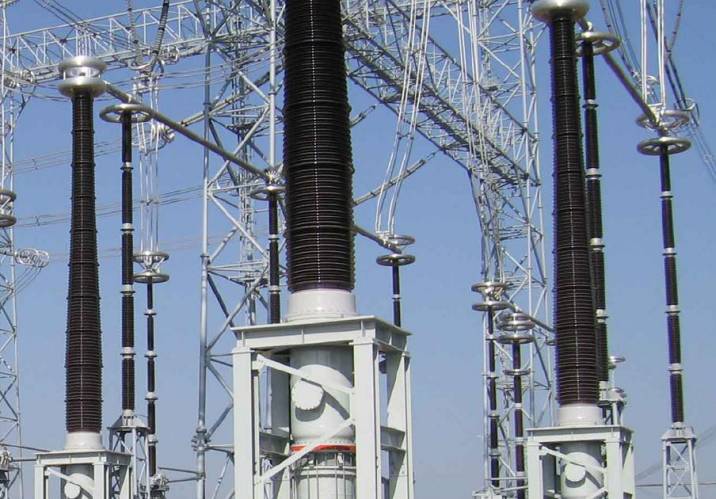
The World Bank has approved loans totalling $684 million for the Eastern Electricity Highway Project, which will connect Ethiopia’s electrical grid with Kenya’s.
The World Bank financing to both governments—US$243 million for Ethiopia and US$441 million for Kenya—will come from the International Development Association, the Bank’s fund for the world’s poorest countries.
The project will create power-sharing between the two countries, reduce energy costs, promote sustainable and renewable power generation, better protect the region’s environment, and pave the way for more dynamic regional cooperation between the countries of East Africa, the Bank said.
Together with the governments of Ethiopia and Kenya, the African Development Bank (AfDB), and the French Agence Française de Développement (AFD), the project will finance a cross-border power line, to be built according to social and environmental safeguards that will allow Ethiopia to sell its surplus power to Kenya and reduce the need for polluting thermal power in Kenya. The exported electricity will originate from the large number of existing and future power plants in Ethiopia. When required, the flow of electricity can be reversed and Kenya would use the same interconnection facilities to sell electricity to Ethiopia.
Ethiopia will benefit through the sale of energy to Kenya, which faces severe power shortages and is among the five African countries considered likely to achieve middle-income status in the next decade provided it can grow at six per cent annually, significantly expand its electricity supply and improve its transport links. Both countries will benefit from additional jobs created by construction and installation activities.
The new project marks the first phase of a regional East Africa power integration programme which is projected to cost US$1.3 billion at completion, eventually benefiting 212 million people from five countries with a combined GDP of $107 billion.
The World Bank’s regional strategy for Africa promotes greater investment in the continent’s lack of key infrastructure as a key step to creating significantly more economic growth and less poverty, with a special emphasis on lowering the cost of supply to create jobs and stimulate the investment capacity of the private sector.
Makhtar Diop, World Bank vice president for the Africa Region, said: “This landmark transformational project will change the fundamentals of the power sector in East Africa. It will expand access and lower the cost of electricity supply to homes and businesses across Kenya and help to reduce thermal power emissions in Kenya, a clear benefit to the region’s environment.
“Currently, only one in three Africans has access to electricity in their communities so boosting power sharing between countries is an essential step toward addressing Africa’s needs.”
In 2011, the World Bank helped to provide electricity to an additional 1.4 million people in African countries; construct and repair around 6,640 kilometres of roads; and improve water supplies for more than eight million people.












